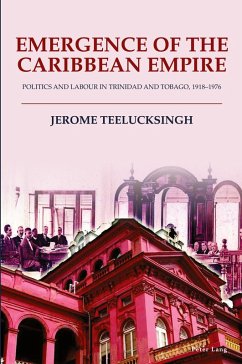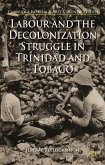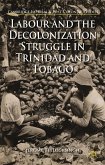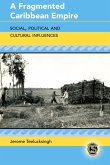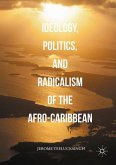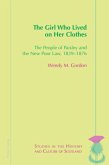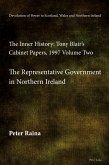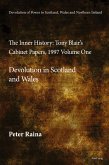«This book by Jerome Teelucksingh showcases his excellent craftsmanship as a social historian. The subject of the study is the involvement of the Labour Movement of Trinidad and Tobago in party politics during most of the 20th century. The familiar theme of labour movement-political party collaboration is in the tradition of the many fascinating studies on the links between the British Trades Union Congress and the Labour Party of Great Britain. An admirable feature of the book is the extensive use the author makes of newspaper sources of the period.»
(Dr. Roy Thomas, former Director of the Cipriani College of Labour and Co-operative Studies, Trinidad and Tobago)
«Dr. Jerome Teelucksingh's well-researched book is a very serious attempt to place on record the origins and development of our political and electoral history prior to the granting of adult franchise in 1946 and after World War Two. This book provides extremely valuable information to all our citizens who are interested in the journey from colonialism to Republicanism.»
(Ferdie Ferreira, former member of the Seamen and Waterfront Workers' Trade Union, retired Deputy General Manager of the Port Authority of Trinidad and Tobago)
This book is an analysis of the involvement and impact of Trinidad and Tobago's first major labour organisation, the Trinidad Workingmen's Association (TWA), and early trade unions in politics.
Furthermore, the author focuses on the role of unions in the evolution of working class consciousness from its rudimentary stages to the subsequent rise of organized trade unionism of the post-1937 era.
Consideration is given to the seminal role of the early trade unions as mobiliser and organiser of the working class both for participation in electoral politics, and as a catalyst for ethnic cohesion in the post-World War One era to 1976.
One of the major conclusions in the study is that the early working class organizations and emergence of ideologically strong trade unionism and ad hoc groups as the electioneering campaign committees were the precursors of the well-organized political machinery of the post-World War Two era.
The author provides evidence that the comprehensive organisational skills of Labour in organizing meetings, selecting candidates, campaigning for votes and debating issues on the electoral platform were determining factors which resulted in creditable performances in limited electoral victories in elections during 1925 to 1976.
(Dr. Roy Thomas, former Director of the Cipriani College of Labour and Co-operative Studies, Trinidad and Tobago)
«Dr. Jerome Teelucksingh's well-researched book is a very serious attempt to place on record the origins and development of our political and electoral history prior to the granting of adult franchise in 1946 and after World War Two. This book provides extremely valuable information to all our citizens who are interested in the journey from colonialism to Republicanism.»
(Ferdie Ferreira, former member of the Seamen and Waterfront Workers' Trade Union, retired Deputy General Manager of the Port Authority of Trinidad and Tobago)
This book is an analysis of the involvement and impact of Trinidad and Tobago's first major labour organisation, the Trinidad Workingmen's Association (TWA), and early trade unions in politics.
Furthermore, the author focuses on the role of unions in the evolution of working class consciousness from its rudimentary stages to the subsequent rise of organized trade unionism of the post-1937 era.
Consideration is given to the seminal role of the early trade unions as mobiliser and organiser of the working class both for participation in electoral politics, and as a catalyst for ethnic cohesion in the post-World War One era to 1976.
One of the major conclusions in the study is that the early working class organizations and emergence of ideologically strong trade unionism and ad hoc groups as the electioneering campaign committees were the precursors of the well-organized political machinery of the post-World War Two era.
The author provides evidence that the comprehensive organisational skills of Labour in organizing meetings, selecting candidates, campaigning for votes and debating issues on the electoral platform were determining factors which resulted in creditable performances in limited electoral victories in elections during 1925 to 1976.

